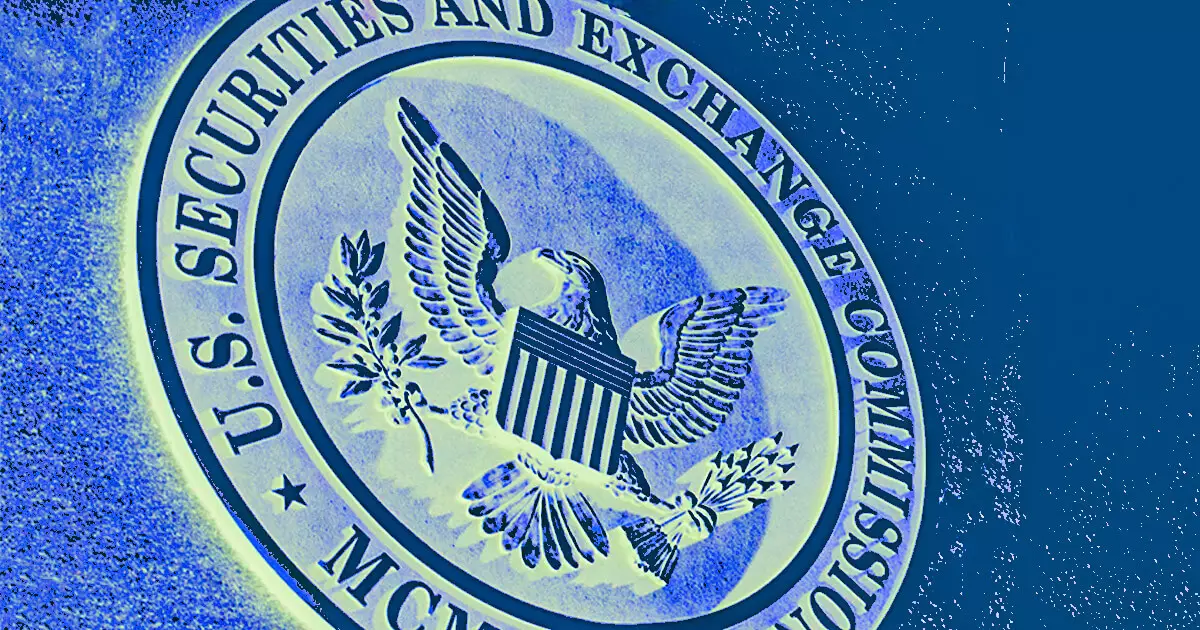The ongoing tussle between regulatory bodies and the burgeoning world of non-fungible tokens (NFTs) has reached an influential point in recent events. Recently, two SEC commissioners, Hester M. Peirce and Mark T. Uyeda, voiced their dissent against the regulatory actions taken against the Flyfish Club’s NFT collection, arguing that the SEC’s application of securities laws in this context is misguided. This dissent highlights a critical debate concerning the regulatory framework surrounding digital assets and whether federal oversight is appropriate for innovative technologies like NFTs.
The Flyfish Club Case Explained
The Flyfish Club, designed to offer an exclusive dining experience, created approximately 3,000 NFTs. These tokens were sold primarily for access to a yet-to-be-opened restaurant and bar, with prices ranging from $8,400 for standard NFTs to $14,300 for the premium Omakase NFTs. The project raised a substantial $14.8 million through sales and garnered an additional $2.7 million from secondary market transactions. This significant financial success led to punitive actions by the SEC, accusing Flyfish Club of conducting an unregistered offering of securities, which resulted in a $750,000 civil penalty and a cease-and-desist order.
Criticism from Within the SEC
Amidst this enforcement action, Peirce and Uyeda’s public criticism adds a complex layer to the ongoing debate surrounding NFTs. They assert that the nature of these tokens aligns more closely with utility tokens rather than securities, emphasizing the innovative experience they offer holders. According to the two commissioners, applying the Howey Test—legal criteria for determining whether an asset qualifies as a security—misrepresents the reality of the Flyfish ecosystem since NFT holders anticipated unique culinary experiences rather than a financial return on investment.
Potential Implications for Future Innovations
The implications of the SEC’s stance are far-reaching. Peirce and Uyeda cautioned that employing securities laws in this context could set a negative precedent and stifle innovation in the NFT space. They urged the SEC to create clear guidelines for NFT projects that do not constitute securities, allowing creators to explore new concepts without the threat of legal action looming over them.
Adding to the mounting tension, the SEC has also sent a Wells Notice to OpenSea, an influential NFT marketplace. This notice indicates regulatory scrutiny and suggests that the SEC may pursue enforcement actions against the platform for allegedly facilitating the sale of securities. Responses from industry leaders reflect a commitment to resist undue regulatory pressure; Devin Finzer, OpenSea’s CEO, articulated the detrimental impact these actions might have on creators and artists.
As the regulatory landscape evolves and institutions like the SEC grapple with the fast-paced developments in the NFT sector, it is essential that a balanced approach is adopted. Clear guidelines are necessary to navigate this uncharted territory, ensuring that innovation can flourish while still maintaining adequate investor protections. The dialogue between regulators and industry stakeholders must prioritize clarity and cooperation to foster a healthy environment for growth in the crypto space.


Leave a Reply